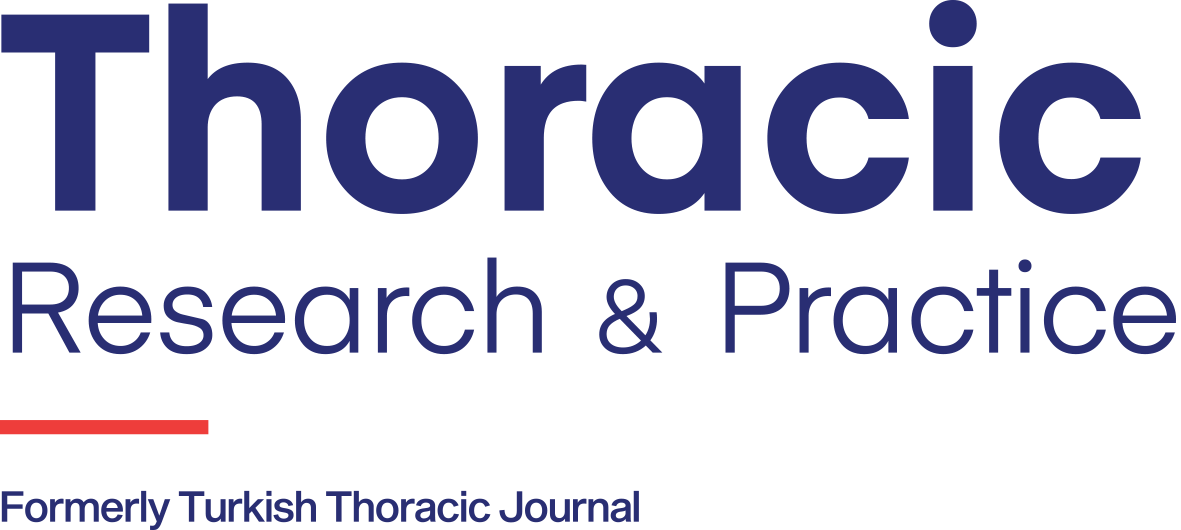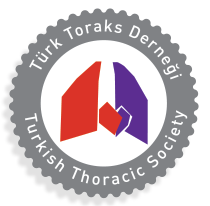Abstract
Abstract
Introduction:
The aim of the study was to establish the risk factors of bronchial asthma in a Nigerian adult population.
Materials and Methods:
We conducted a cross-sectional study in Ilorin, Kwara State, Nigeria and selected 805 subjects from the study area by multi-stage cluster sampling. The European Community Respiratory Health Services (ECRHS) asthma-screening questionnaire was administered by trained assistants to collect demographic information, asthma symptoms in the preceding 12 months (Current asthma) and risk factors of asthma. The body weight (kg) and height (metre) were measured and the body mass index (BMI) was calculated. Odd ratio was calculated to determine the association between current asthma and risk factor of asthma.
Results:
Current asthma in this study was 12.8%. Family history of asthma was the strongest risk factor of asthma in this study (OR=5.32), followed by allergic rhinitis (OR=5.29), outdoor pollutants (OR=3.51), tobacco smoking (OR=3.47), and indoor pollutants (OR=3.32), as well as a family history of allergic diseases (OR=2.38) and obesity (OR=1.87). Age, sex, educational achievement, home and socioeconomic status were not strong determinants of asthma (p>0.05). The majority of these identified factors were environmental factors with the exception of family history of allergy and asthma.
Conclusion:
We identified family history of asthma, allergic rhinitis, outdoor pollutants and indoor pollutants, tobacco smoking and obesity as the risk factors of asthma. There is an urgent need to increase the awareness of the risk factors and promote preventive strategies to control the diseases.



